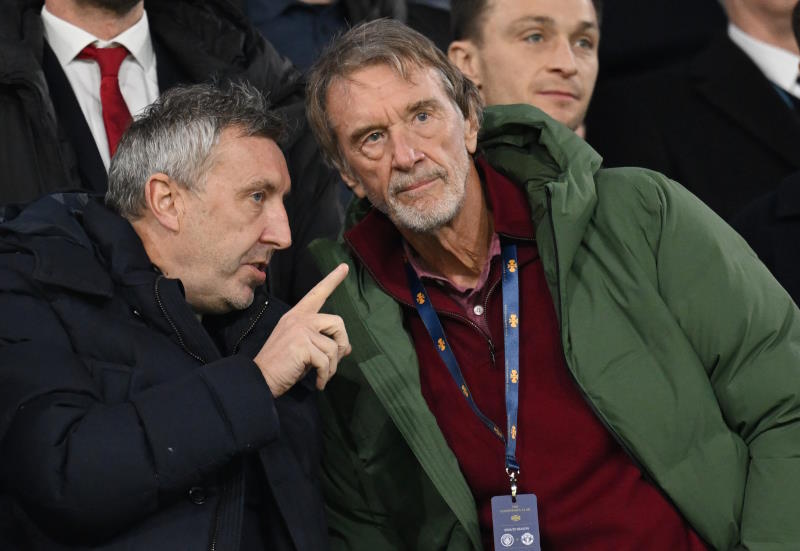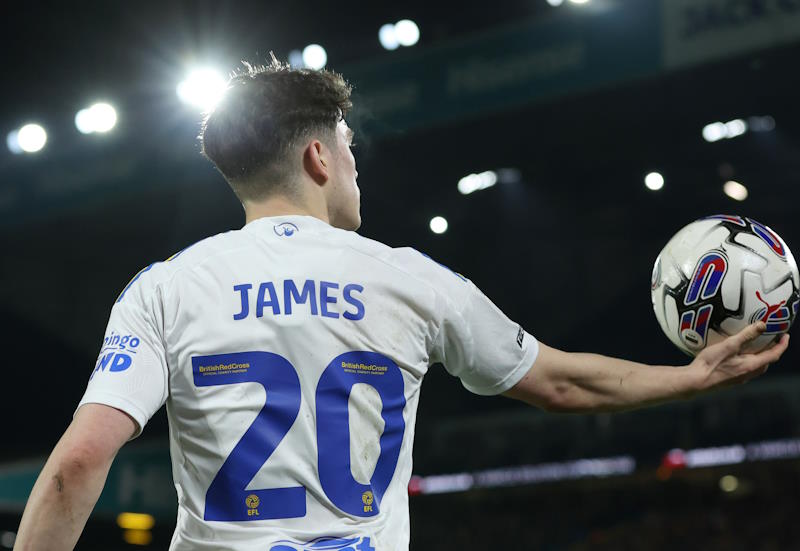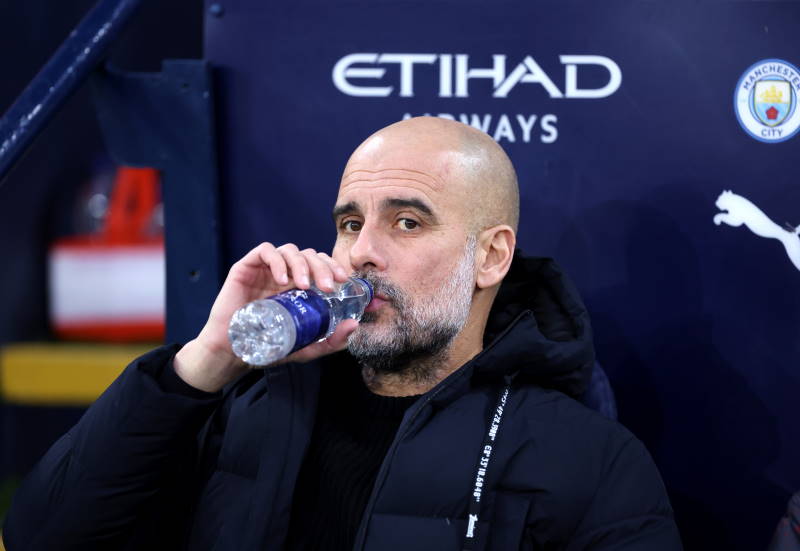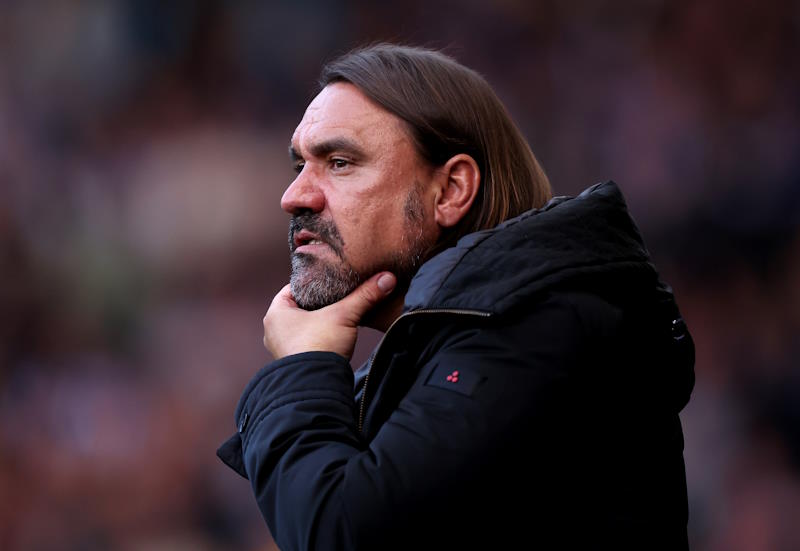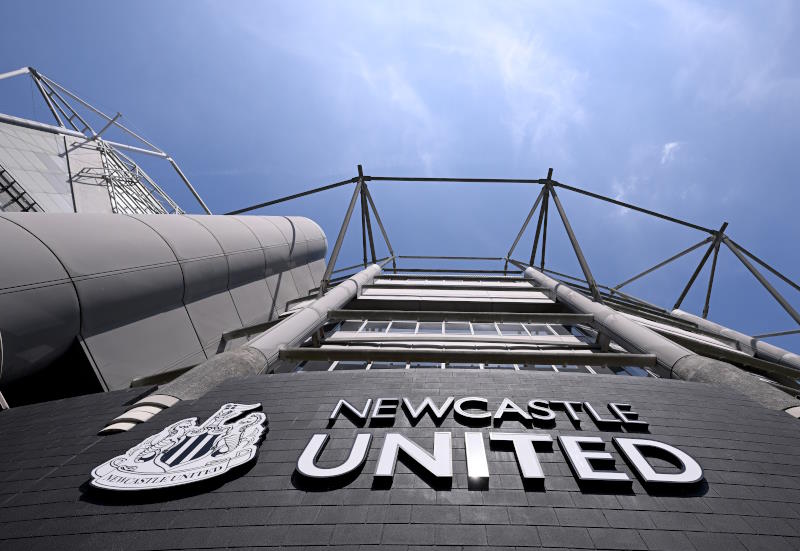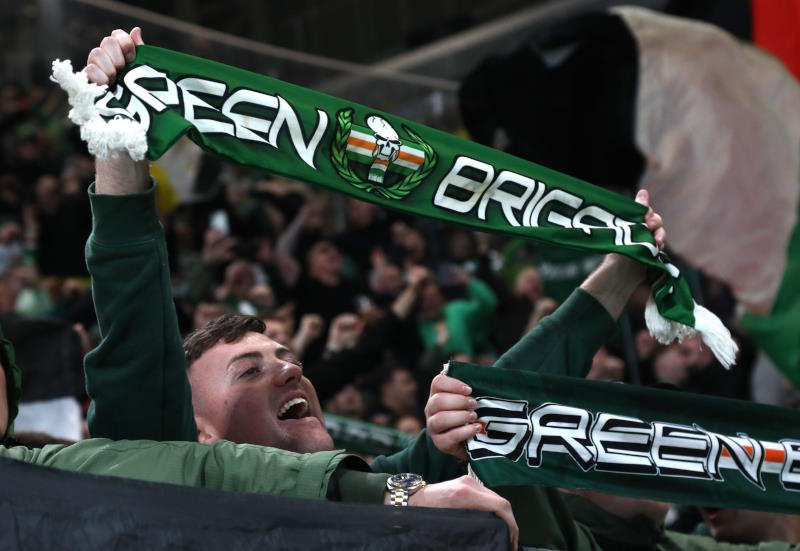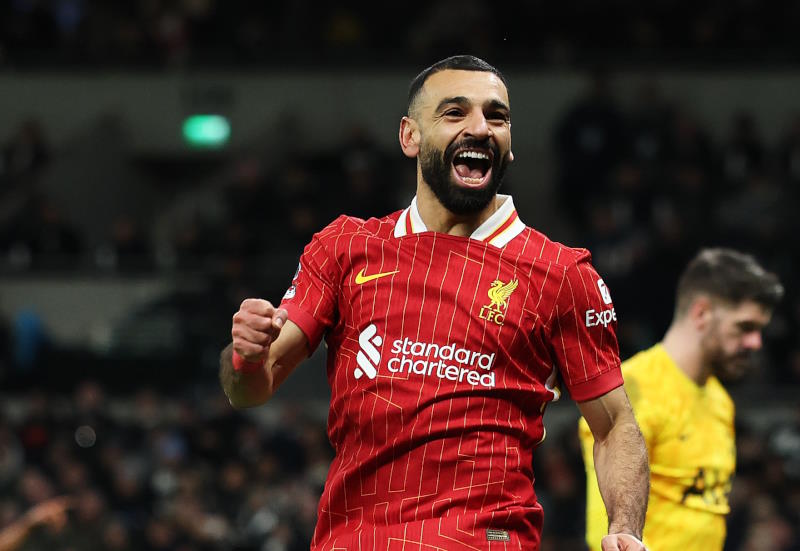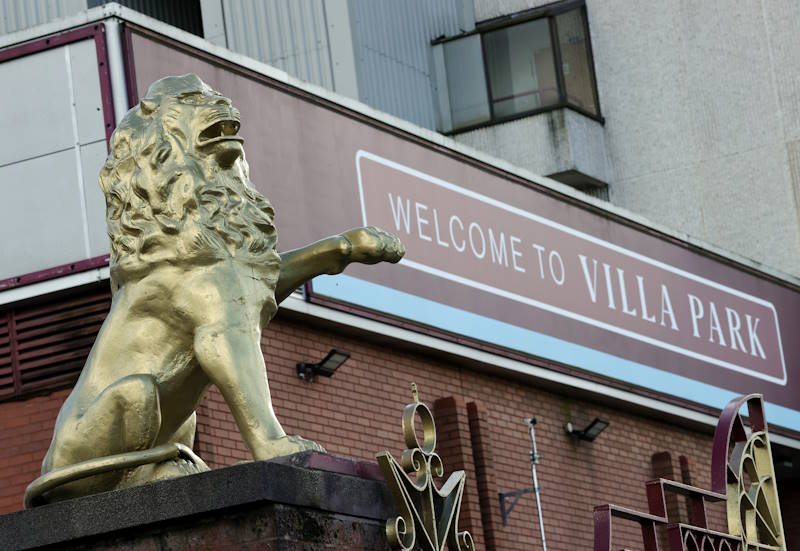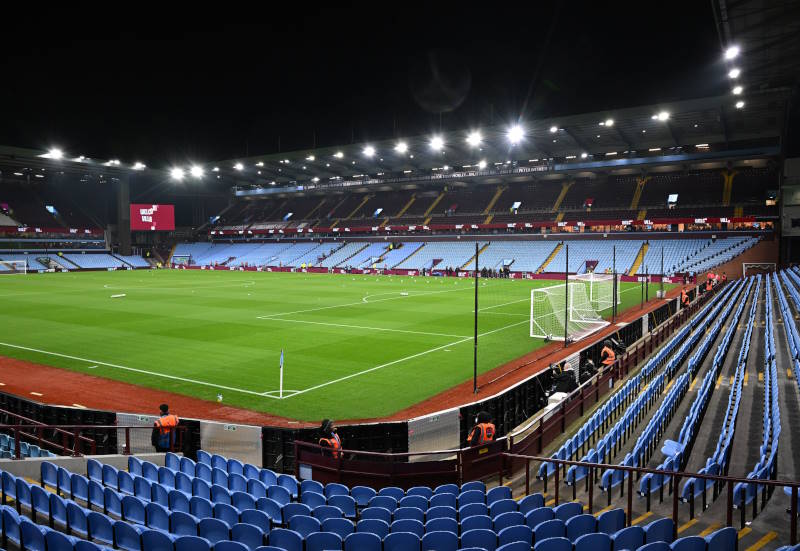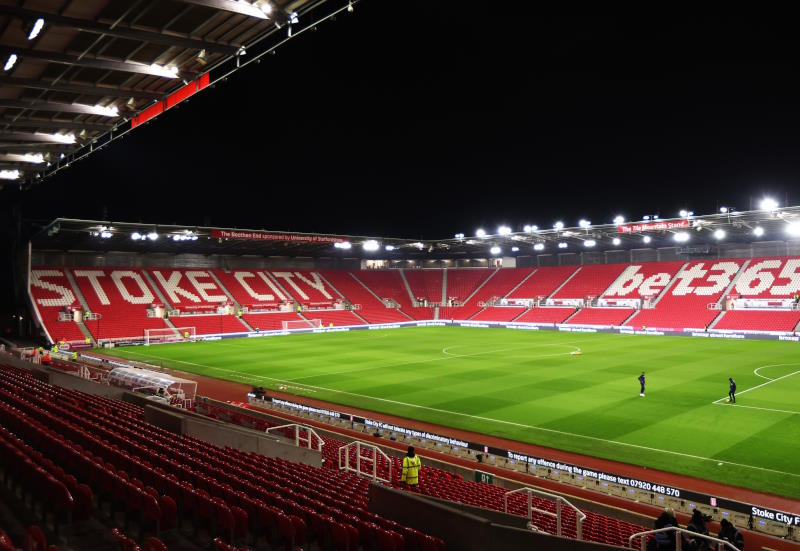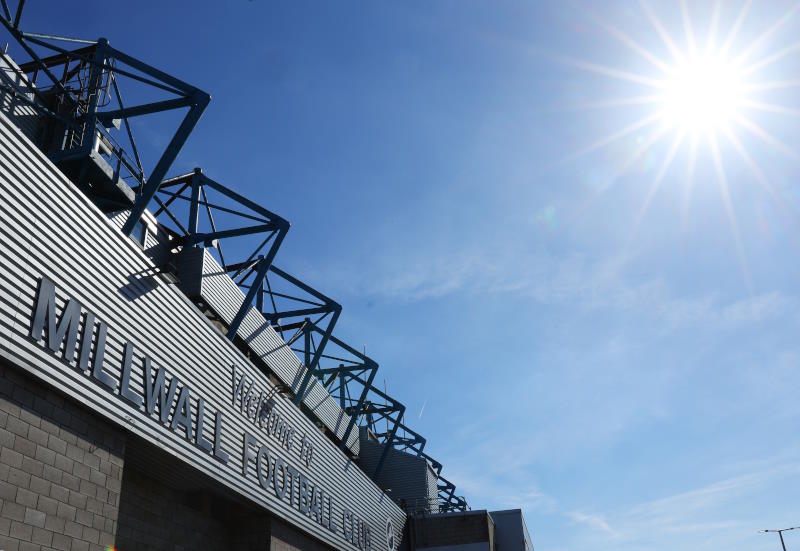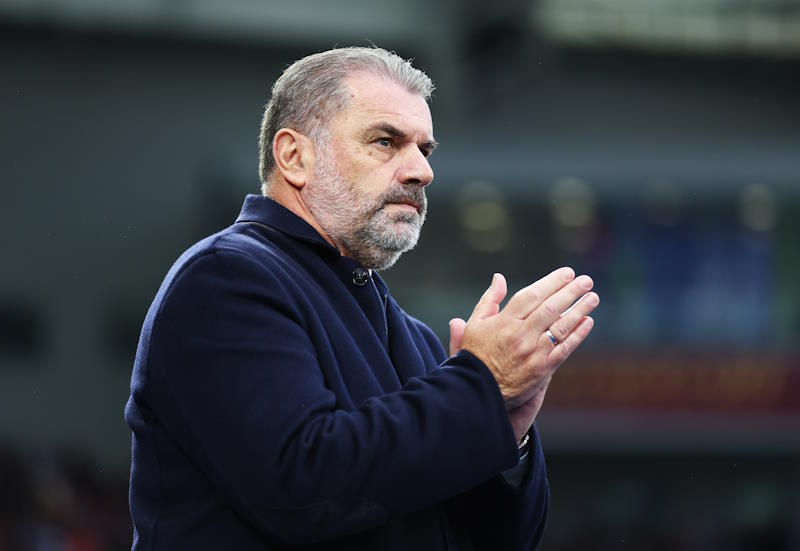
Frank Myrland
On January 11th, 2007, the football world was buzzing about the MLS for perhaps the first time since its quiet inception some 14 years prior. Former English captain and world renowned footballer David Beckham, had just announced that he had turned down lucrative offers from well respected clubs in order to make the long trip to America and become part of the Los Angeles Galaxy. In the United States, the little known sport of soccer was being talked of in every sportscast, every talk show and even in every fashion magazine.
A little over two years later, Beckham is beginning to look less and less like the saviour of North American soccer. In recent events with the media, he has continued to publically express his interest in fleeing the league for the greener pastures of Europe, where the quality of football meets his lofty standards.
It is very possible that Beckham’s time in America will soon be over, leaving nothing but shoddy advertising campaigns behind. The only situation that could be worse than this would be if Beckham finds himself stuck in America for the next couple years with his team unwilling to give him up for less than their valuation, forcing the English star into playing out his last couple years in discontent, muttering under his breath about his poor decision to move to the US.
In happier days, when the former Real Madrid star first joined the MLS, Beckham stated that he intended to act as an ambassador for the sport in North America. He entered into his new contract with several intentions: he wanted to boost the popularity of the sport, to help develop the league into a contender on the international stage, and to lure other superstars over from Europe. Youth soccer is very popular now in the US, though the sport was commonly played by children even before Beckham arrived. The MLS is still far from a contender internationally, fighting for its own survival rather than fighting for a spot alongside the English Premier League.
A slow trickle of players have followed Beckham, including Mexican icon Cuauhtémoc Blanco, former Aston Villa hitman Juan Pablo Angel and ex-Gunner Freddie Ljungberg. While all are recognisable, all are also past their prime. It seems that perhaps Beckham shouldn’t have set such lofty goals for himself, especially if he was prepared to ditch the league after only a couple years.
The MLS was eager to please their new main attraction, even adopting a rule to accommodate his massive salary. The amendment, nicknamed the Beckham Rule, lets each team pay one player whatever amount of money they choose, with only $400,000 counting against the salary cap. While opening the door for attracting international stars and their superstar salaries, the money gap ultimately made the league look foolish, as discrepancies between salaries led to discontented locker rooms.
As much as Beckham did to promote the league, he was being paid ten times what seasoned MLS veterans were. Lopsided salaries were a primary reason for the demise of the NASL, North America’s former top tier league. The likes of Pele and Beckenbauer were lured over and given large contracts by managers who had visions of full stadiums dancing in their heads. When the crowds didn’t show, and the rising contracts couldn’t be paid, the NASL went the way of the dodo.
From the moment the Galaxy announced that they had acquired Beckham, sales for the team kit went through the roof and over a quarter of a million had been sold even before the player had been formally introduced with the team. Los Angeles also sold many tickets to eager new fans. While the average attendance for a Los Angeles home match rose by 4,000 in Beckham’s first year and another 2,000 in his second, the effect wasn’t felt nearly as powerfully outside of his new home city. Most teams reported either no gain or even a small loss in average attendance. For all the good Beckham was doing for Los Angeles, it was never reflected elsewhere in the league.
Beckham played only seven games for the Galaxy before injuring his right knee, which put him out of commission for six weeks. With the star player out and his team missing the playoffs, the first year seemed quite anticlimactic after all the fuss. Beckham had a more impressive second season, but the experience wasn’t enough to keep him from signing a loan agreement with Italian giants AC Milan. In 30 MLS games, Beckham scored five goals.
Looking back at all this, it is worthy to mention that there was a time, even if for only a moment, when soccer was mentioned in the same breath as well established American sports such as basketball or baseball. For a shining moment the country Beckham came to conquer was aware of soccer, and even if the whole David Beckham saga ends right now, that is an accomplishment to be proud of for the MLS.

